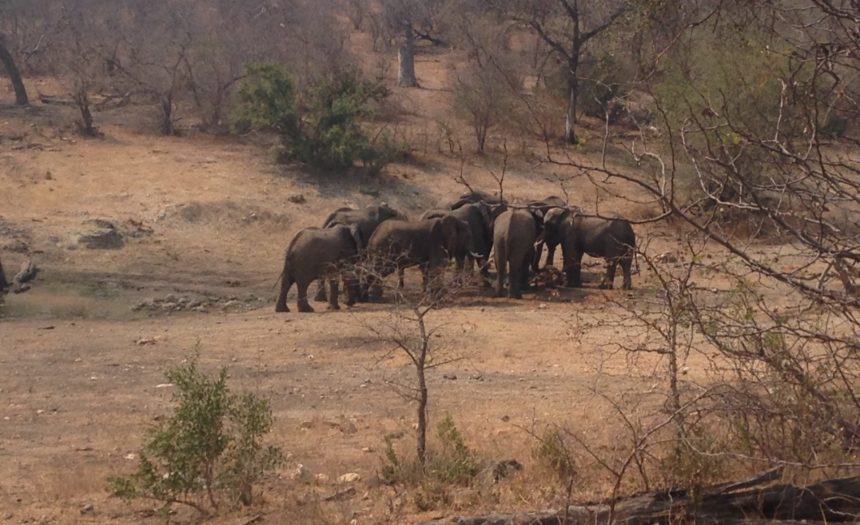Securing Protected Areas: The Decision-making of Poachers and Rangers

Despite considerable effort to reduce the harm, poaching continues to be a serious threat to many wildlife populations around the world. Strong and robust security of protected areas is an essential element of long term conservation success. Formal law enforcement, such as rangers patrolling a protected area, is a common security strategy used to detect and deter poachers. This dissertation explores the question, ‘how does the decision-making of poachers and rangers influence security of protected areas?’ To do this, we used a multi-disciplinary approach built on insights from criminology, wildlife conservation, and artificial intelligence.
Understanding poaching problems
This dissertation focuses on the context in which poachers and rangers make decisions using a rational choice perspective. This perspective assumes that an individual has preferences among the available options that allow them to make the most optimal decision. While the rational choice perspective was originally developed for understanding the decision-making of urban offenders, this dissertation shows it can also be used for understanding poaching problems in protected areas.
Predict how poachers might respond to a particular strategy
By breaking down the poachers’ crime journey, we were able to better understand why certain decisions were made leading up to a poaching event, but also when trying to escape the protected area. This made it possible to determine the similarities and differences between the two which is rather rare in environmental criminology. A better understanding of the interactions between poachers and rangers can contribute to developing and evaluating patrol strategies. This is because we could better predict how poachers might respond to a particular strategy. This information is beneficial to law enforcement managers to strategically deploy ranger teams.
Methodologies to better understand, design, and evaluate patrol strategies
We highlight that managing and deploying law enforcement resources more strategically is just as important as increasing the number of resources. This is especially true if operations are affected by corruption, because this is unfortunately still relatively common among law enforcement rangers. In this dissertation, we developed several methodologies to better understand, design, and evaluate patrol strategies, for example to understand the detection probability of poacher snares, by using computer simulations, but also to better understand incursion behaviour of rhino poachers. These methodologies can also be adjusted for other regions and other types of wildlife crimes.
Publication details
Van Doormaal, N. (2020). Securing Protected Areas: The Decision-making of Poachers and Rangers. NSCR/Utrecht University
Promotor: Stijn Ruiter
Co-promotor: Andrew Lemieux
Share this article
Actuele berichten

